What is it?
A dobutamine stress echo test using a sophisticated cardiac echo machine. We initially attach you to an ECG (we may need to shave hair off your chest to do so) and place a drip in your arm. We then take detailed ultrasound pictures of the heart before administration of dobutamine, a medication that makes your heart pump faster and stronger. Once your heart rate is deemed fast enough, we repeat a limited cardiac ultrasound to compare these images with those taken beforehand.
This test is usually performed in patients who cannot perform exercise on a treadmill.
After the test, the cardiologist will sit down with you to discuss the results and any additional follow up that is required.
How to Prepare
Preparation
Please bring your referral (if you were given one) to the test and give it to a staff member.
Be aware we will need access to your chest to perform the ECG component and to take the ultrasound pictures of the heart.
Please do not apply any creams / moisturisers to the chest prior to the test.
You may be asked to stop some medications before the test.
How Long Does it Take?
Anticipate a total of approximately 45 minutes including preparation time, the test itself and a follow up discussion afterwards about the result.
Why Do We Do It?
Stress echo is a sophisticated test. At Total Cardiovascular Care we have experienced cardiac sonographers, cardiologists who are specialised in stress echo testing and top of the line equipment.
The test is often utilised to assess for the cause of symptoms like chest pain, breathlessness and dizzy spells. The primary focus is to assess for severe heart (coronary) artery narrowings not by seeing them directly but by assessing the different areas of the heart muscle’s response to stress. All areas of the heart muscle should increase their pumping function and if they don’t – this may suggest a severe narrowing in the heart artery supplying that particular section of the heart muscle. Besides the heart pumping function, stress echo can also assess for the heart valvular function as well as the pressures in the heart before and after stress
Potential Complications
This is a very low risk procedure and the risks of this test are no different to those of a standard stress test.
The most common occur only occur in 3:1,000 people and include:
Chest pain which can be treated by stopping the test and administering medication.
Development of fluid in the lungs which will result in the cessation of the test and administration of medication.
An abnormal heart beat or “arrhythmia” which may be treated by stopping the test and may also be treated with or without medication.
There is a risk of heart attack in 1:2,500 people and a risk of death in 1:10,000 people.
If you have a history of previous/recent heart attack, a tear in the aorta, recent fluid or clots in the lungs, severe heart valve disease, irregular heart rhythm, palpitations, or recent increase in chest pain you should advise the staff before you commence the test. You will also be asked to provide a list of your medications so that these can be noted prior to the test.
